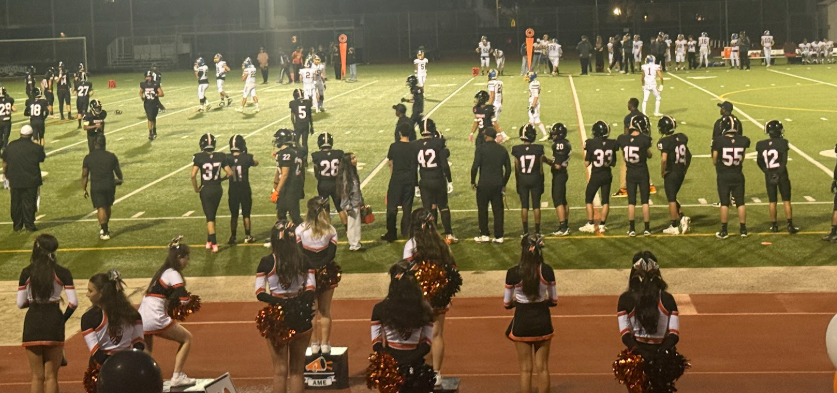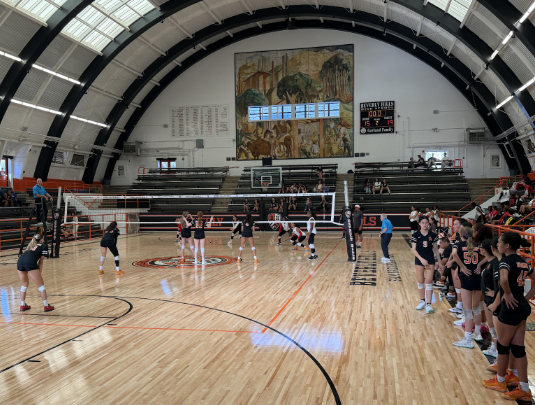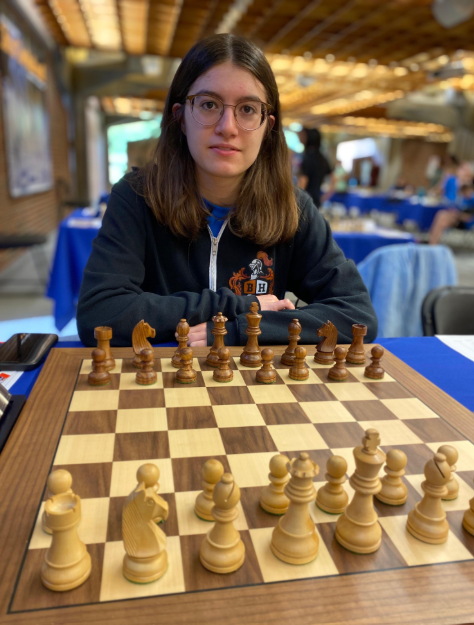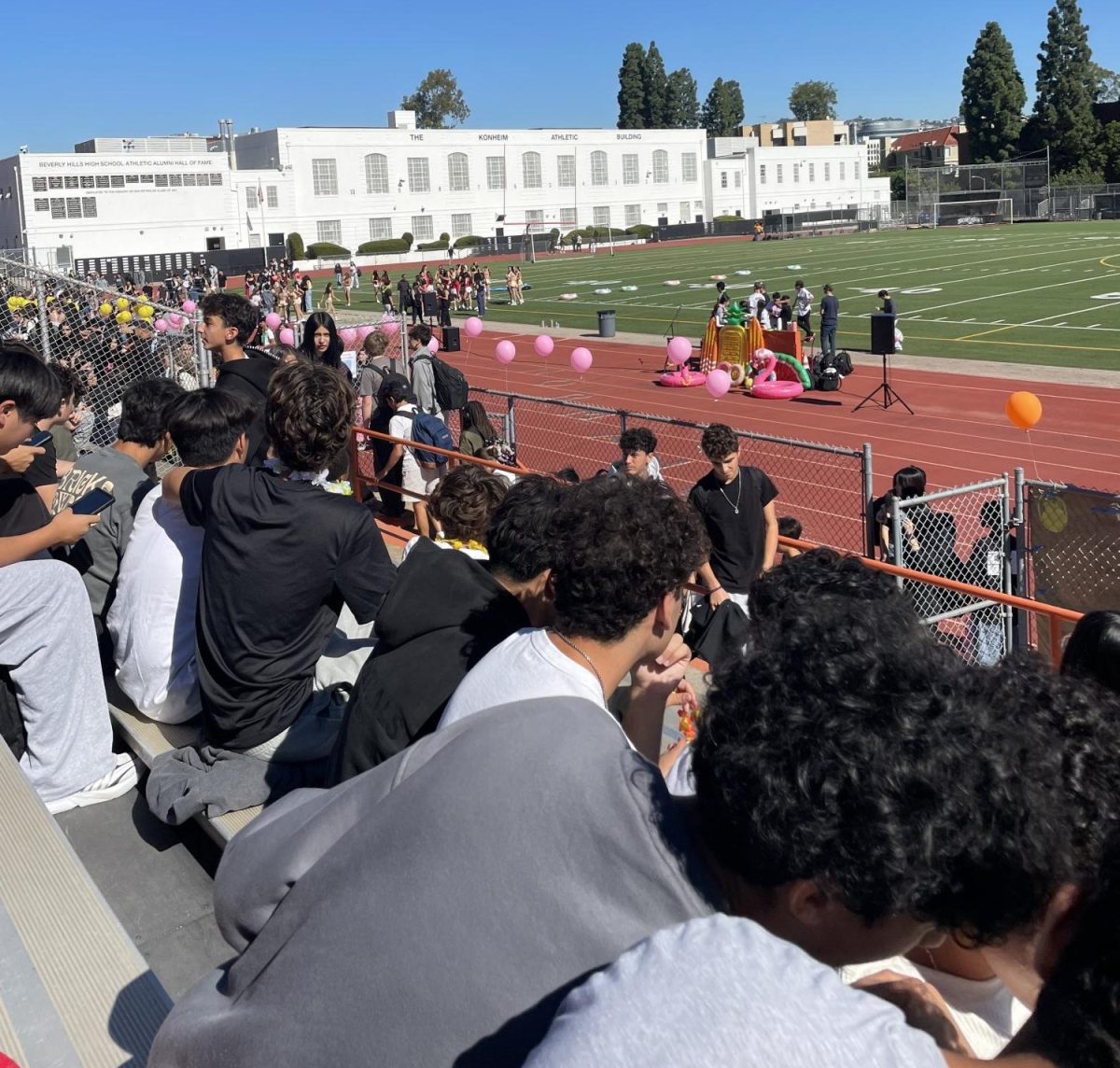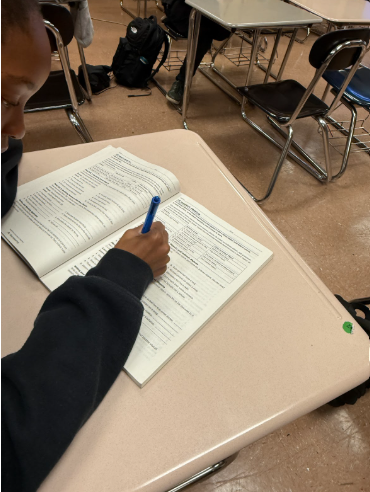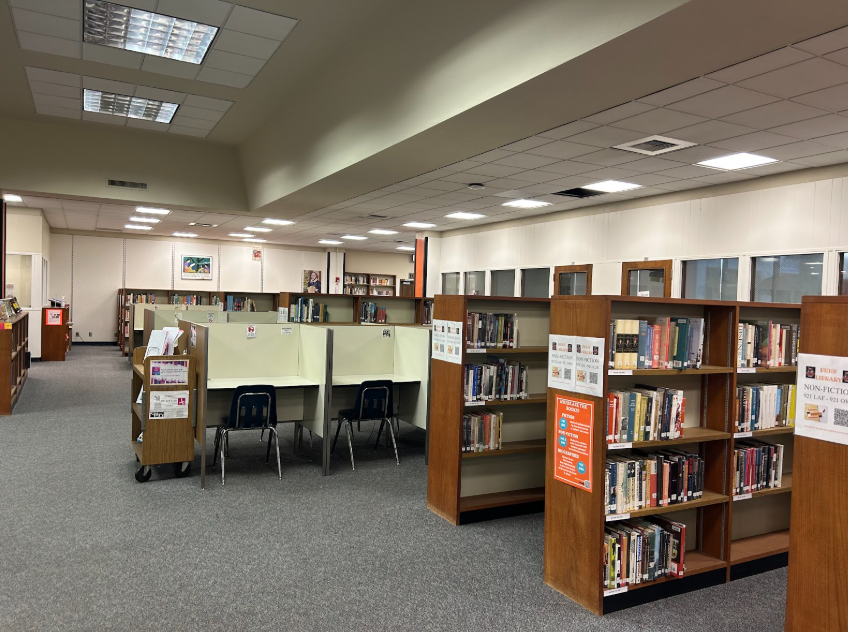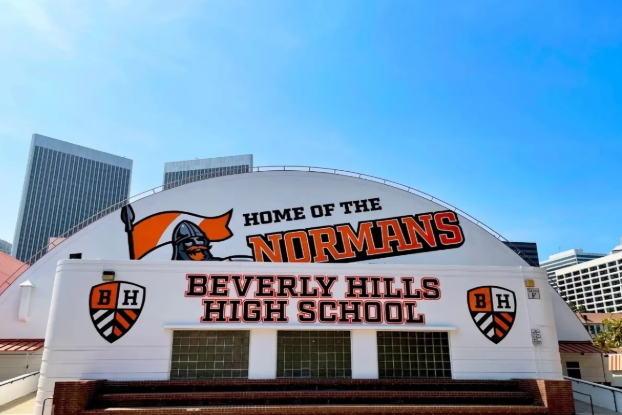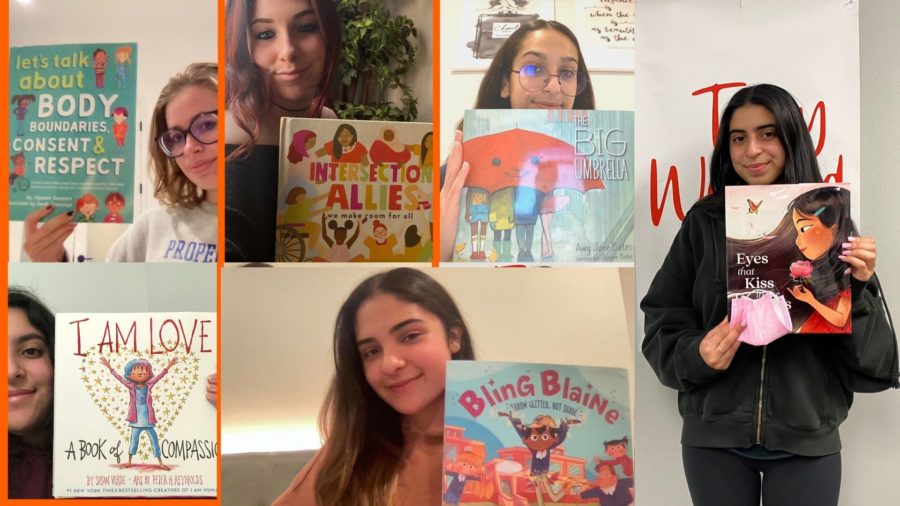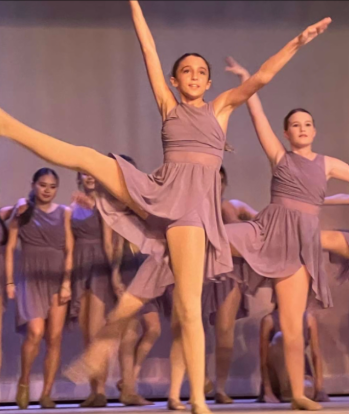Kate Kotlyar staff writer
As a part of their NormanAid MonthlyAid themes, NormanAid peer counselors recorded themselves reading children’s books about the necessities of building healthy relationships for healthy relationships month.
This month’s videos were sent to Hawthorne and Horace Mann elementary schools, where teachers had the option to play the video in their class and base lessons around the books. Due to NormanAid’s theme this month, the books are based on the four core practices that are essential to build healthy relationships: Allyship, Love is Love, Acceptance and Respect.
Wellness Counselor Ali Norman-Franks’ daughters inspired her to pursue this activity.
“I have twin daughters in fifth grade and I see how much they love learning from the older students, and I recognize the need for them to learn about mental health and wellness at a young age,” Norman-Franks said.
Junior Kate Lewis, who read Let’s Talk About Body Boundaries, Consent, and Respect, tried to act interactively with the camera as a way to avoid making a “boring” video.
“I said, ‘Guys, look at this cool photo!’ I tried to not be very monotone and tried to crack jokes whenever I could,” Lewis said. “I attempted to make it somewhat interesting. I tried to be serious but keep it fun.”
Each peer counselor read a different book based on each of the four practices. Lewis’s book was about the importance of consent, while junior Hannah Naydavood’s book, Bling Blaine: Throw Glitter, Not Shade, focused on love and friendship.
“My book shed light on working together and having allies. This is super important because it shows how important friendship and unison is,” Naydavood said. “I believe that it’s important that everyone spreads kindness and that all starts from younger children.”
Similarly to Naydavood, Lewis believes that NormanAid is doing something “really good” by having kids learn about healthy relationships.
“It’s good that we’re discussing such topics even at younger ages, and maybe they won’t truly understand it yet, but it’s planting a seed,” Lewis said. “I would have never read a book about consent [in elementary school]. That wasn’t even a thing on my radar in elementary school, I had no idea what that word even meant. So the fact that I could teach kids something that’s so vital and [something that] I’m still learning the concept of, I think that that’s really, really cool.”







